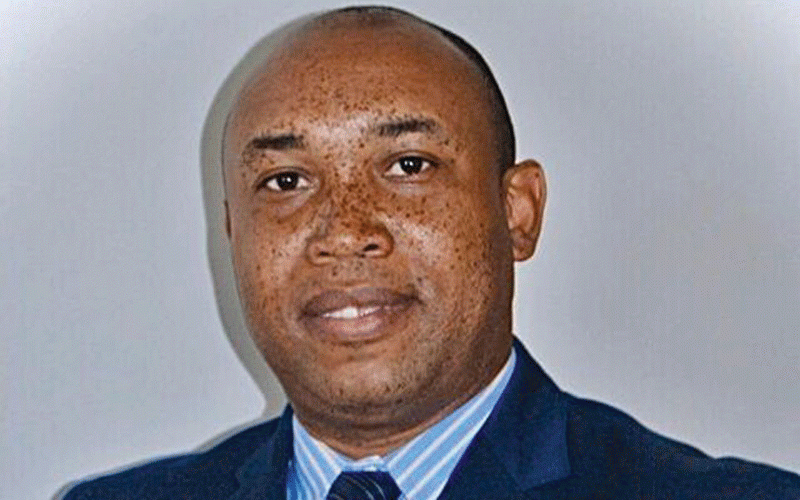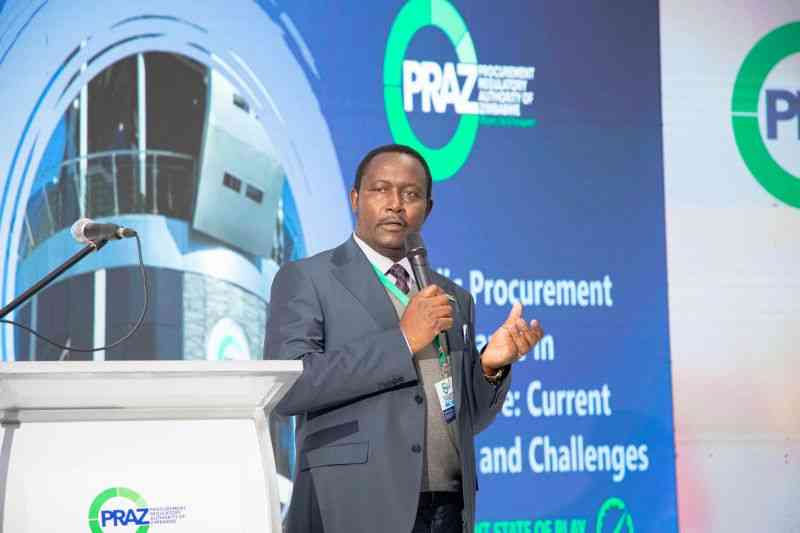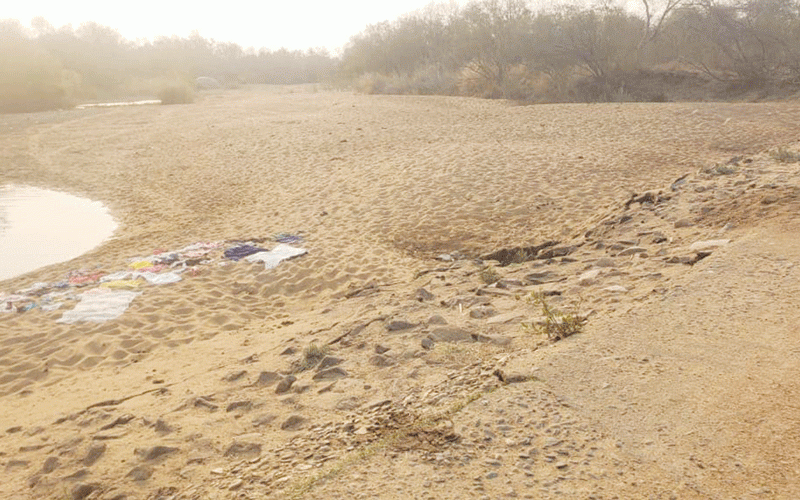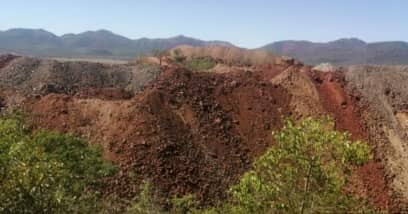
ZIMBABWE Independent (ZI) senior business reporter Mthandazo Nyoni caught up with Hospitality Association of Zimbabwe (HAZ) president Farai Chimba (FC), during the association’s 2022 annual congress in Victoria Falls recently, to discuss issues affecting the sector, investments, among others. Below are excerpts of the interview.
ZI: What are the main issues hurting Zimbabwe's hospitality industry?
FC: This time around we are not talking about challenges. I think, as you can see, the theme of the conference is about opportunities. Where we are coming from, yes, we have had challenges with Covid-19, lack of access due to borders closing. But we, as an industry, are looking ahead and saying where we are going, we are projecting growth. We are projecting that with access now being open, we are able to look forward and see how best we can improve our industry. So, while we might have had challenges over the last two and a half years, I think when you look at the presentations that we have done today at the conference, it is all talking about the brighter future and the way our opportunities lie as hospitality.
ZI: Due to Covid-19, hotel occupancy rates decreased in 2020. How is the market performing right now?
FC: Occupancy to the month of September, the latest statistics, was just over around 42% if I am not wrong, for the year which is still a growth from about 21% that we achieved the previous year. So, we certainly are seeing that there are improved occupancies all around. This is mainly anchored around meetings, incentives, conferences and exhibitions business in the cities. Bulawayo has performed very well, they headline in terms of occupancies along with Harare. The resorts have taken a long time to come around, but that is mainly because they did not benefit from the domestic aspect of tourism in the first part of the year, looking at the fact that it is only much that most airlines and borders really opened now. So we have been playing catch up in the resorts but certainly, we have seen the benefits of the conferences and meetings that are being held in cities.
ZI: You mentioned during the convention that the hotel industry had a severe shortage of skilled workers. In comparison to the pre-Covid-19 period, how are the figures doing now?
FC: We do not have actual numbers now where we are sitting, but we know that we did drop quite significantly from 2018 where our industry, either people have left completely because of the shutdowns that we went through. Most places were closed for about seven months and some more than that. If you look at the bars, the bars ran for over a year not allowed to operate or open as well as nightclubs. So, significant losses were made in terms of the human skills and labour pool that we had. So, we will be able to collect most of that information coming into the new-year. The tourism satellite account should be able to also give us indications once the year ends. But we were still positive that we are now starting to re-engage. You will find that most operators have had to employ, the challenge obviously being the fact that they cannot employ on the same skill level that they had prior to Covid-19.
ZI: What do you think about the investments in the industry?
- Young entrepreneur dreams big
- Chibuku NeShamwari holds onto ethos of culture
- Health talk: Be wary of measles, its a deadly disease
- Macheso, Dhewa inspired me: Chinembiri
Keep Reading
FC: It still remains very buoyant. We are seeing people investing despite what happened. We saw during Covid-19, the likes of the Palm River Lodge, they still came out. If you look at Gweru, the conference centre that is coming up. Mashonaland East has also significant investments that have been done at private level. So we will continue to see that investment coming in. And we are also seeing investments starting to come in from outside in terms of hotel groups that are interested.
So I am sure through the Zimbabwe Tourism Authority, they will announce pretty soon some of the groups that have taken up. We see partnerships here in Victoria Falls, Six Senses coming on board with local landowners. So that sort of investment, I think, is going to be ongoing.
ZI: Do we have any of the investors who have expressed interest in investing in conference centres, particularly in Victoria Falls?
FC: The major facilities that we are aware of are falling under the Masuwe project. I think we have got about 102 hectares that were dedicated to hotels and with that, there is a convention centre that is planned for that area as well. Convention centres are a bit tricky in the fact that you need to build them around accommodation facilities, which Victoria Falls is slowly building up. We still donot have enough accommodation as a destination, Victoria Falls, for us to maybe warrant 7 000 seater facilities. Hence, like the United Nations World Tourism Organisation (UNWTO) you almost have to share that business between Zambia and Zimbabwe. But we are quite positive that we will start seeing an increase in capacity for conferencing with all the investments that are coming up. I can also positively say that Cresta Group is building a new hotel in Victoria Falls, and with that is about 400 to 450-seater convention centre and the work has started already on the ground.
ZI: Do players in the hospitality industry make investments in renewable energy?
FC: Green energy is still a topical issue. I think in my address, I did touch on it briefly to say why we would want to go completely on green energy. We are still incapacitated in terms of funding and resources, because remember, a lot of these investments that are being done either self-funded or you are getting a loan for them. While green energy is still a viable option, you also have to look at the demand of energy that is needed by hotels and lodges. To power a griller, for instance, you cannot do it on solar. You do need electricity or at least gas. So most places are either going to gas if they have not moved to gas they are still sitting with equipment that requires direct power generation. The hope is that as we go forward we are able to start incorporating these sources of green energy, but it will only be done at a phased approach for most operators because of the cost that is involved. Solar energy along with other climate friendly alternatives require extensive capital outlay which require funding for which if availed assist in achieving a more sustainable and cheaper operating environment.
ZI: What impact have the nation's power outages had on you?
FC: Power shortages have had a negative cost implication with industry players having to resort to generators due to the heavy power requirements.
ZI: Is the government supporting the industry enough?
FC: What has been significant is if you look at the fact that a lot of people are reinvesting in their product. The duty free and the rebates play a significant part in terms of the savings that you incur while you're importing. We also look at the 100% retention. So those that make foreign currency are able to use their funds freely.
This has had a big impact in terms of support. So, while support might not have been directly in monetary terms there have been other incentives that have come through which are assisting industry.
ZI: We understand that you serve as the Victoria Falls Hotel's general manager as well. Tell us a little more about the hotel's operation. Is the hotel increasing its capacity?
FC: We have just recently completed the first phase of a major innovation of the hotel itself, which is just in excess of US$4,5 million spent on the project.
This was to make the rooms more luxurious and really give a true five-star and international level. So while we were closed during Covid-19 and as we reopened, that was part of the work that was being done. There will be a last phase which will address other areas, but for now, we have just completed the new rooms from Covid-19.
ZI: What has been the occupancy rate at the hotel?
FC: Occupancy is still building up slowly. We donot expect to close on more than 30% for this year. Primarily our scenario is different in that, we had a lot of rooms closed being renovated.
So, we had room stock that we could not use. So our occupancies are much more depressed. In relation to everybody else in town, we had a full inventory; their occupancies are a bit higher.











